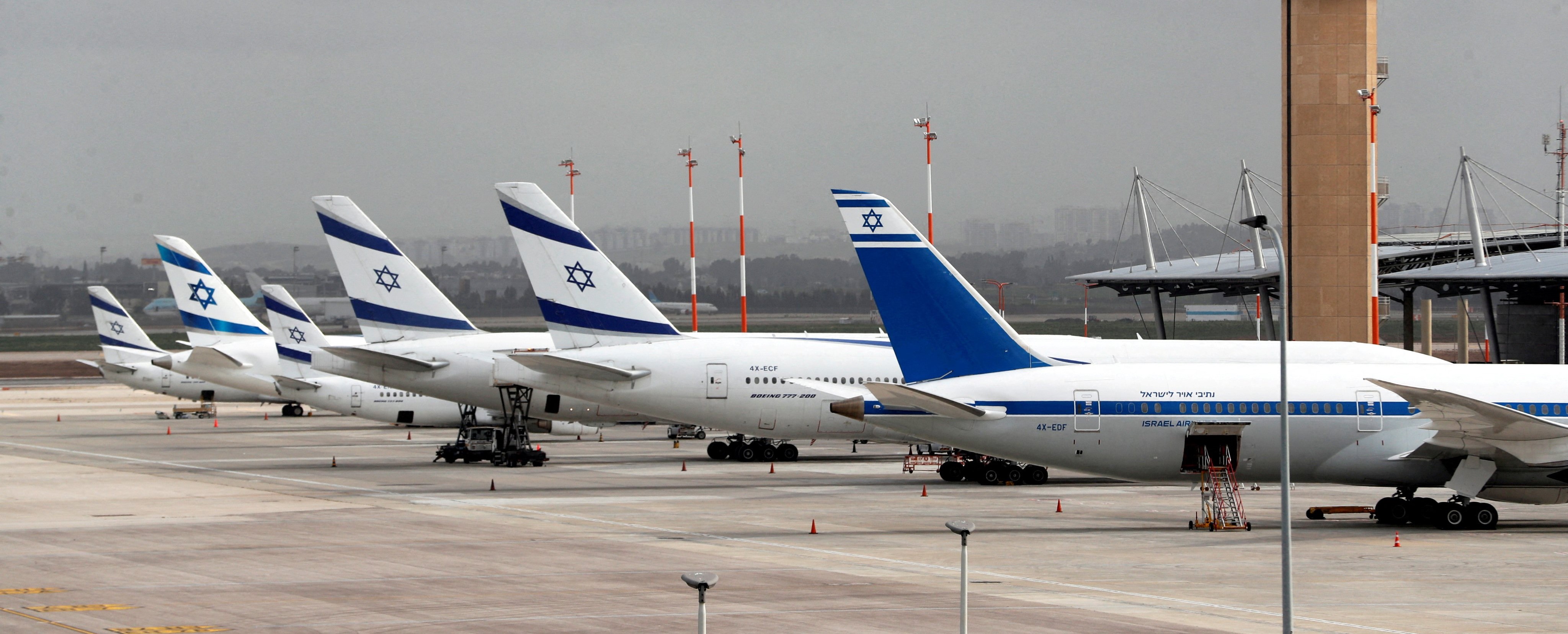


In response to higher reinsurance costs, which in turn are being driven up by uncertainty, Aviation war insurers have sent notices to cancel cover for some airlines in Israel and Lebanon because of the conflict in the region.
It's being learned that Aviation war insurers based in Europe, the US and the Lloyd's of London market can issue a seven-day notice of cancellation or other changes to terms and conditions in the event of a major conflict they feel will make the long-term insurance risk too great.
In October 2022, Aviation hull war insurers are looking for 100% rate increases for coverage as the market responds to the war in Ukraine.
Since February 2022, several major insurers have withdrawn from offering hull war insurance or paused underwriting the line.
Some sources say that , Insurance companies of the Israeli flag carrier El Al Airlines, Arkia and Israir have now received the notices, due to the ongoing conflict between Israel, Palestine and Lebanon.
It is to be noticed that on October 15, Israel had claimed the destruction of Syria’s Aleppo International Airport (ALP/OSAP) and its runway, which took almost five days to bring its operations back. These kind of news act negatively to the confidence of Insurers , while assessing the war risk coverage.
Developments are not unfamiliar, In order to regain the confidence of the capital providers, and to ensure that the necessary capacity would continue to be available in spite of the paralysis of the market in the situations like "aftermath of the US attacks", an additional premium of US$1.25 per passenger carried was introduced as a result of discussions between insurers and the airlines’ representatives, the brokers.
Bruce Carman, chief underwriting officer at Hive Underwriters said,
“War underwriters’ appetite for continuing to cover these risks for no additional reward differs and some are now looking to withdraw cover, especially given the news the Israeli government has provided a backstop to cover flights.”
Israeli’s parliamentary finance committee last week approved a plan to provide a state guarantee of $6bn to cover insurance against war risks to Israeli airlines.
International Union of Aerospace Insurers, in its guide to Aviation insurance, says,
It is important to understand that the aviation insurance market is a very competitive free market, and the precise details of each war risks insurance policy will vary according to the individual insurer’s view of the market and the risk profile of the particular insured.
Notably, Annual hull war premium income was estimated to be about $180m in 2021, an increase on the previous year but still lower than what insurers believe is needed for a sustainable market, a value that ranges from $400m to more than $500m.
For the current scenario of Israeli carrier continuing their flights , some sources say, Israeli government is going to provide all the necessary coverage for them to continue operations safely.
For now, amid war threat , Israeli carriers did not stop flying while most foreign airlines have cancelled flights to Tel Aviv, expanding flights to bring back those travelling abroad and those called up to reserve service for the military.
Aircraft stuck in the airports of the conflict zones is another nightmare for the operators and insurance companies. Middle East Airlines this week said it will keep five of its 24 aeroplanes in Turkey, after rocket, missile and artillery exchanges between Israel and Hezbollah.
Aviation insurers provide insurance cover for insureds (airlines, manufacturers, airports, service providers {refuellers, caterers, security screeners and the like}) against loss, damage and liability, in return for premiums.
Insurers in turn pay premiums to reinsurers to offset part of the risk. The risk that an insurer can prudently cover is determined by the sum of: funds from his capital providers; retained profits; and any reinsurance he has purchased.
The principal insurance coverages, all of which exclude war risks (through exclusion clause AVN48B), are:
War risks coverages (“war, hijacking and other perils” including terrorism) are:
